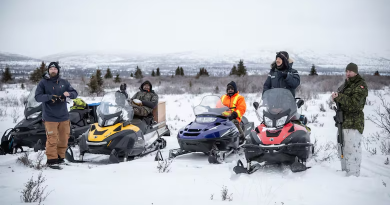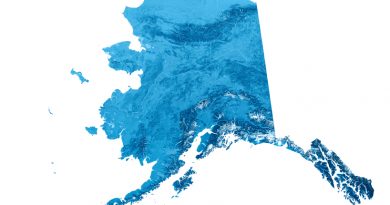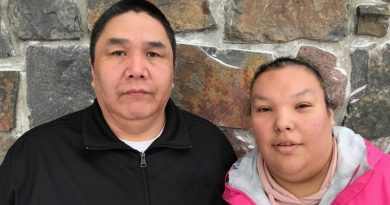Arctic Council’s work on track despite pandemic, now gearing up for 2021 ministerial, says ambassador & SAO
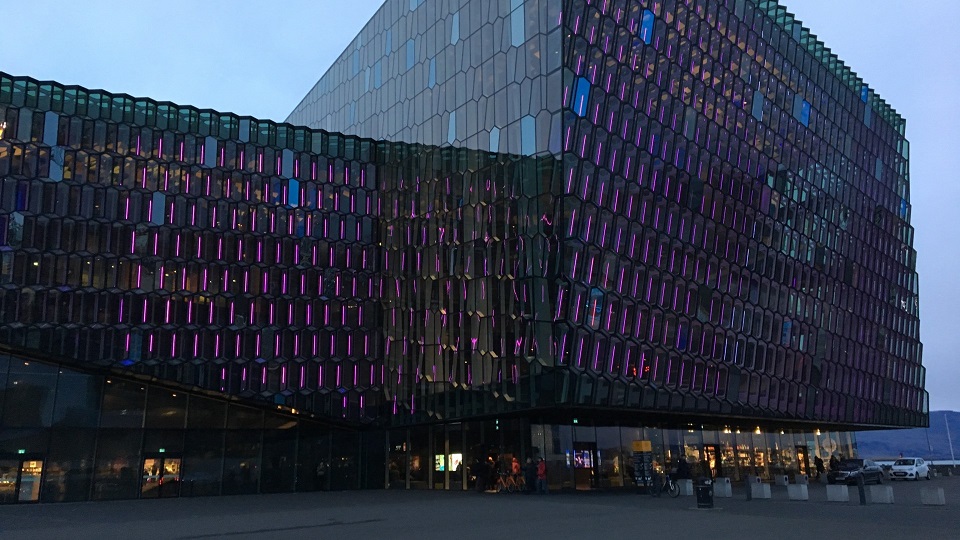
The Arctic Council senior Arctic officials plenary meeting wound up on Thursday with current chair Iceland praising the forum’s ability to work through the pandemic and future chair Russia outlining its 2021-2023 priorities.
Einar Gunnarsson, Iceland’s ambassador of Arctic affairs, and chair of the Arctic Council’s senior Arctic officials, said he’d been heartened by seeing the Council and working groups’ “strong engagement and willingness” during the pandemic.
Despite some delays, the majority of the body’s work was continuing, including working group deliverables for the 2021 ministerial, he said.
Transitioning to online platforms has also allowed greater participation in some cases, including at the SAO meeting which had some 160 participants, something Gunnarsson said may have been a first.
“I think the reason we’ve been able to continue is because of the strong personal relationships,” he said in an online press briefing after the meeting closed Thursday. “But in the longterm, Arctic cooperation might be more sensitive.”
Iceland’s four chairmanship priorities are the Arctic marine environment, climate and green energy solutions, people and communities of the Arctic, and a stronger Arctic Council.
Among the areas discussed at the meeting last week were the Senior Arctic Officials’ based Marine Mechanism, that seeks to improve marine cooperation between the Arctic states, as well as an update to the forum’s Arctic Marine Strategic Plan.
Russian chairmanship priorities
The Arctic Council is an international forum made up of Canada, Denmark, Finland, Iceland, Norway, Sweden, Russia and the United States; and six Arctic Indigenous groups; the Aleut International Association, the Arctic Athabaskan Council, the Gwich’in Council International, the Inuit Circumpolar Council, the Russian Association of Indigenous Peoples of the North and the Saami Council.
The council was established in 1996 to work on sustainable development and environmental protection in the North. The chairmanship rotates between the Arctic countries every two years.
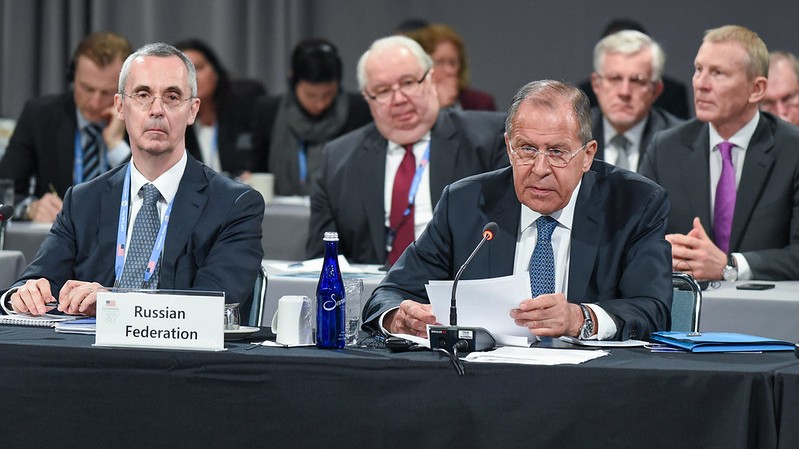
(Linnea Nordström/Arctic Council Secretariat)
In the plenary meeting last week, Nikolay Korchunov, Russia’s senior Arctic official, outlined his country’s three priorities when it takes over the chairmanship in Iceland next year as focusing on the human, economic and environmental dimensions of sustainable development.
“There is a strong sense of continuity and working together towards a sustainable Arctic,” Gunnarsson said.
In response to a question about the economic focus of Russia’s priorities, Gunnarsson said the Russian platform was warmly welcomed.
“We are talking about a balanced approach,” Gunnarsson said. “If it’s not balanced, it’s not sustainable.”
Youth involvement on the agenda
Gunnarsson said Russia had also stressed that youth cooperation would play an important role in their chairmanship as well.
Upping youth engagement in the Arctic Council’s work has been an increasing focus since the senior Arctic officials’ plenary meeting in Hveragerdi, Iceland in November 2019.
“It’s not just about tokenism,” Gunnarsson said. “It’s important it’s not us with grey hair talking about [youth] without their investment in the discussion. We’re looking at how we can seek out these views and experiences so we can have access to those views, and not just to tick off a box, but doing something that has real meaning.
“We see this as more of a journey, it’s not about a destination.”
Trump administration’s impact on Council’s work downplayed

The U.S. has been at odds with the rest of the Arctic community over climate issues since President Donald Trump announced he was withdrawing from the Paris climate deal in 2017. The administration further distanced itself from the other Arctic states at the 2019 Arctic Council ministerial in Rovaniemi Finland, where U.S. Secretary of State Mike Pompeo took shots at the Arctic policies of everyone from China, to Arctic Council members Canada and Russia in a speech and refused to sign a joint declaration over the use of climate language in the final document, the first time in history a ministerial ended without a joint declaration.
Gunnarsson downplayed any serious impacts of the Trump administration on the Council’s work or how the incoming Biden administration might ease the Council’s work around climate when it comes to the U.S.
“I would like to draw attention to the fact that the Arctic Council has been functioning quite well,” Gunnarsson said. “We’ve been progressing. We will deal with the current authorities of the Arctic States as always, and we will deal with what ever changes come.”
Ministerial plans to be announced in January
Gunnarsson said final arrangements for the 2021 ministerial in Reykjavik will be announced in January. But that Iceland was committed to some kind of in-person event, despite the pandemic.
“We are looking at different solutions, depending on the [pandemic] situation,” Gunnarsson said. “It may be a smaller scale meeting that gives priorities to speakers like the ministers and heads of delegation. It may be a hybrid type meeting. It’s too early to tell now, but our intention is there will be a ministerial in Reykjavik on May 20.”
Write to Eilís Quinn at eilis.quinn(at)cbc.ca
Related stories from around the North:
Canada: Indigenous wildfire knowledge to be key part of new Arctic Council project, Eye on the Arctic
Finland: Finnish PM stresses importance of Arctic Council for region’s stability amidst climate change, Yle News
Iceland: Harmonized data could help understanding of COVID-19 pandemic in North: Arctic Council briefing doc, Eye on the Arctic
Norway: Arctic Council creates new expert group on nuclear emergencies, The Independent Barents Observer
Russia: Russia removes critical voices ahead of Arctic Council chairmanship, claims Indigenous peoples expert, The Independent Barents Observer
United States: Is this the end of the Arctic Council and the Arctic governance as we know it?, Blog by Timo Koivurova

